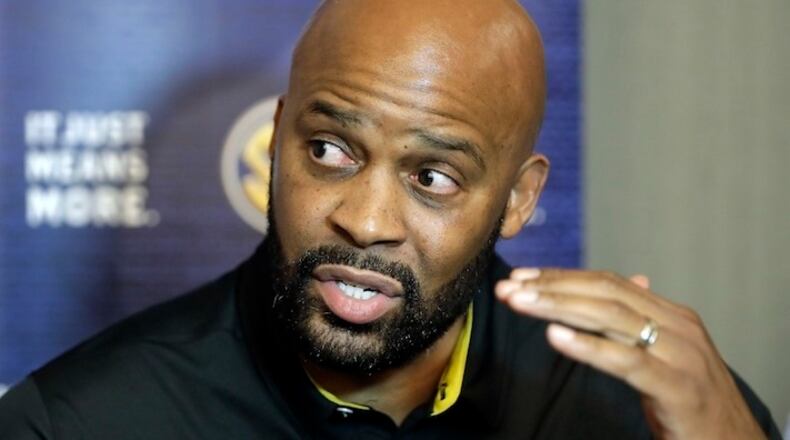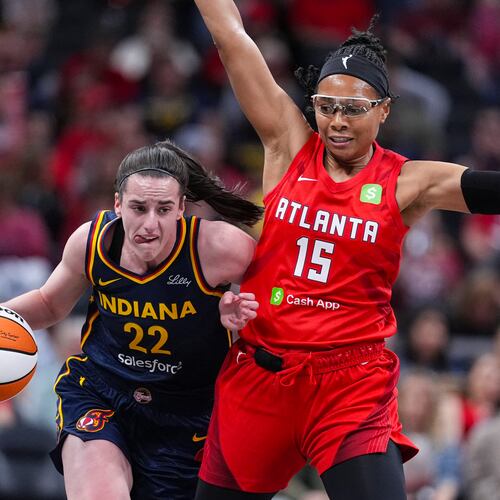For Cuonzo Martin, even as he watched from 2,000 miles away in California, the 2015 protests on the University of Missouri campus had a personal connection.
Martin's parents were born in St. Louis, and he was raised just across the Mississippi River in East St. Louis, Illinois — two hours away from the campus in Columbia. Even when he attended and played basketball at Purdue, where his collegiate coaching career later began, Martin paid special attention to the Tigers.
He was raised on Norm Stewart, the longtime Missouri coach, and his head coaching career started down the road at Missouri State before he made his way to Tennessee and Cal.
That bond was why Martin left the Golden Bears in March after three seasons to join Missouri.
The proximity of his family near St. Louis was a factor in his desire to return home — but so was the feeling that he had a role to play in helping both the college and state recover from the fallout lingering from the protests two years ago with the football team and others on campus reacting to what they considered as indifference to racial issues.
"I think I owe it as a head coach to say around the country or to the state of Missouri, there was an incident that took place, a real incident, and we have to learn from it and continue to push forward," Martin said. "There's still residue from it and that's part of the growth. We have to talk about it."
The tension led to the departures of both the school's president and chancellor in the wake of the protests. Missouri's enrollment numbers have been in a steady decline since the protests, reaching the school's lowest total this fall since 2008 .
The school's football and men's basketball programs have declined, too, with both teams finishing at the bottom of the Southeastern Conference in each of the last two seasons. Missouri's football team has won three straight, but remains under .500 with a single SEC win with three games remaining.
In basketball, the last-place streak extends back three seasons and it cost coach Kim Anderson his job.
The 46-year-old Martin has done his part to make the coaching transition as comfortable as possible for Missouri's returning players. He holds repeated meetings with players in his office, talks of the importance of personal character over being a basketball player. He invited the team to his house to watch August's boxing match between Floyd Mayweather and Conor McGregor.
Externally, Martin is counting on the platform he's been given at Missouri to show the healing has begun — even if he plans to do so more with his actions than words.
"It doesn't always have to be loud voice. Sometimes you can move behind the scenes and make change and to do your part," Martin said. "If anything, (the protests) made me more excited to be there. I'm born and raised here, and oftentimes, I feel like you have to do your part in life."
About the Author
Keep Reading
The Latest
Featured


